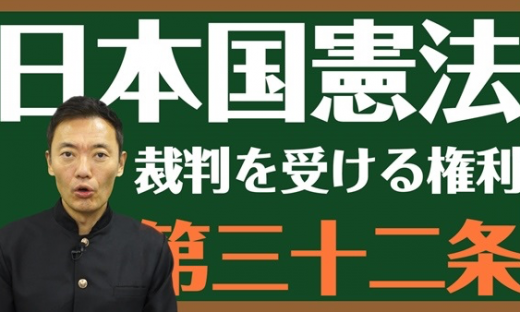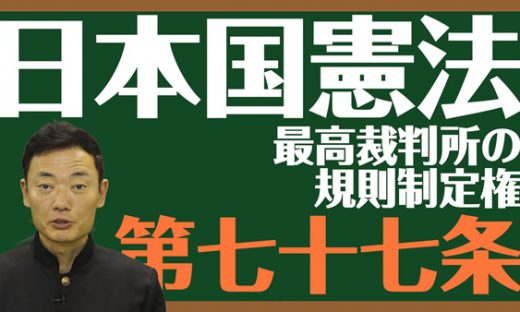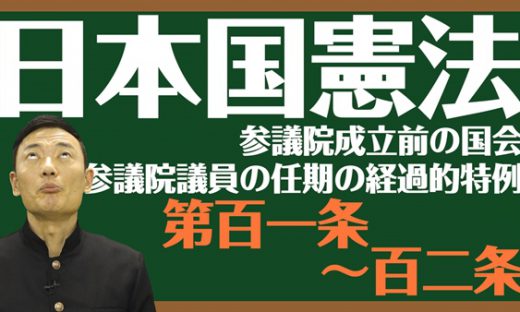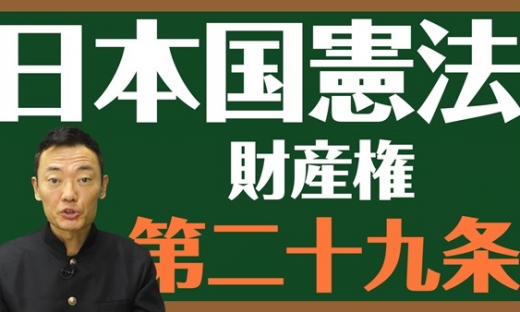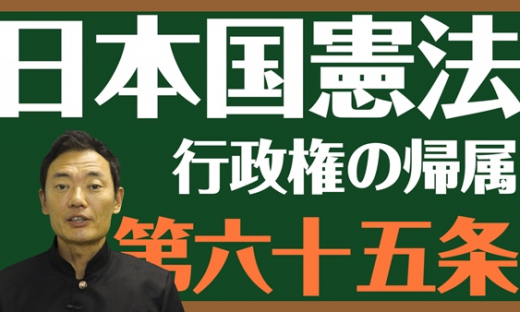〜中田宏と考える憲法シリーズ〜(英語訳付き)日本国憲法 第十一条〔基本的人権〕 九十七条〔基本的人権の由来特質〕とは?

中田宏と考える憲法シリーズ、第三章「国民の権利及び義務」と第十章「最高法規」(英語訳付き)です。
それぞれのリンクからぜひご覧ください。
日本国憲法
The Constitution of Japan
昭和二十一年十一月三日憲法
Constitution November 3, 1946
第三章 国民の権利及び義務
CHAPTER III. RIGHTS AND DUTIES OF THE PEOPLE
第十条 日本国民たる要件は、法律でこれを定める。
Article 10. The conditions necessary for being a Japanese national shall be determined by law.
第十一条 国民は、すべての基本的人権の享有を妨げられない。この憲法が国民に保障する基本的人権は、侵すことのできない永久の権利として、現在及び将来の国民に与へられる。
Article 11. The people shall not be prevented from enjoying any of the fundamental human rights. These fundamental human rights guaranteed to the people by this Constitution shall be conferred upon the people of this and future generations as eternal and inviolate rights.
第九十七条 この憲法が日本国民に保障する基本的人権は、人類の多年にわたる自由獲得の努力の成果であつて、これらの権利は、過去幾多の試錬に堪へ、現在及び将来の国民に対し、侵すことのできない永久の権利として信託されたものである。
Article 97. The fundamental human rights by this Constitution guaranteed to the people of Japan are fruits of the age-old struggle of man to be free; they have survived the many exacting tests for durability and are conferred upon this and future generations in trust, to be held for all time inviolate.

